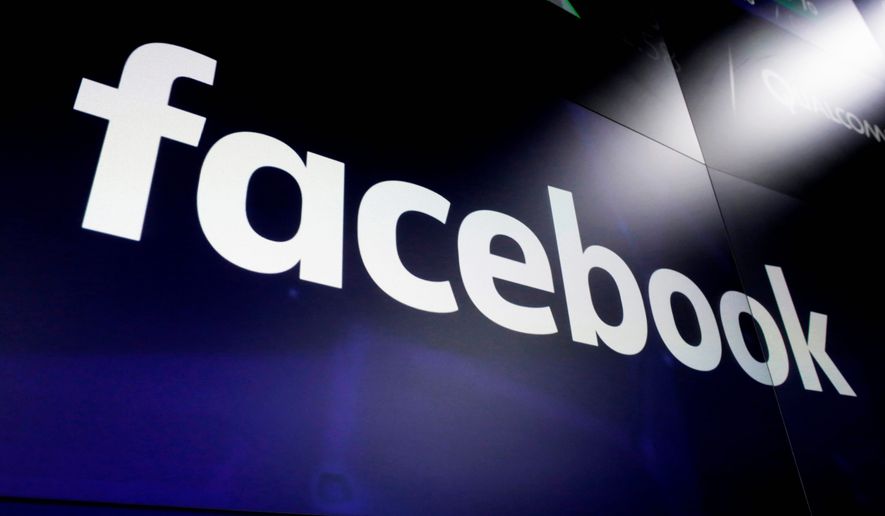Facebook is the final holdout on modifying its political advertising approach, but it might not last much longer.
The company’s controversial fact-checking and political advertising policies have angered political activists of all stripes.
Earlier this year, Twitter caved to outside pressure and said it would strip certain political ads from its platform, while Google announced steps to tailor its approach to micro-targeting political advertising toward specific demographics.
Facebook did not immediately follow suit. However, it reportedly is considering similar steps to curtail various micro-targeting efforts on its platform.
Eric Wilson, a Republican digital strategist who worked for Sen. Marco Rubio’s 2016 presidential campaign, said such potential changes are based on flawed assumptions.
“These policy changes around political ads are still skirting around the problem,” said Mr. Wilson. “Legitimate political campaigns and organizations who already play by the rules — disclosing donors and spending — should be allowed to use the advertising platform like every other advertiser on the platform.”
He added, “Facebook doesn’t care about welcoming conservatives to its platform.”
Mr. Wilson’s viewpoint was formed during years of dealing with the company and being privately courted by the platform as part of its larger efforts to woo the political right.
Facebook CEO Mark Zuckerberg has met privately with several influential conservative voices, such as Fox News personality Tucker Carlson and commentator Ben Shapiro. Facebook recently sponsored several politically conservative events in Washington, including the Federalist Society’s National Lawyers Convention and the International Democratic Union’s 2019 Forum.
Facebook also sought to train moderate GOP candidates about the best way to build a digital campaign at a private event hosted by the Republican Main Street Partnership. The moderate GOP group held a private candidate school in November to help its preferred 2020 congressional candidates learn campaign strategies, and Facebook presented to the group.
Those entreaties have been largely ignored by the political right that remains skeptical of the Facebook’s motives.
Mr. Zuckerberg attempted to squash such concerns in October during a visit to Georgetown University, where he argued for free expression as a defense of his approach to political advertising and not fact-checking political speech.
Instead of quieting critics, his remarks seemed to amplify them. In testimony before the House Financial Services Committee over Facebook’s cryptocurrency project, Mr. Zuckerberg’s Georgetown remarks became a repeated point of scrutiny. Rep. Alexandria Ocasio-Cortez, New York Democrat, pilloried his decision to dine with conservatives.
Unbendable Media, a progressive public relations consultancy, then mounted a staunch anti-Facebook campaign utilizing the services of liberal watchdog Media Matters and Demand Justice, a liberal advocacy group that organizes around the federal judiciary.
With scrutiny from the left and right mounting as the 2020 campaign prepares to kick into full swing, Facebook is poised to become a favorite whipping boy of candidates on the left and the right. Sens. Bernard Sanders of Vermont and Elizabeth Warren of Massachusetts have criticized Facebook’s grip on the digital realm as akin to a monopoly, while former Vice President Joseph R. Biden has lodged complaints that the company has a hypocritical approach in favor of his opponents for the 2020 Democratic presidential nomination.
President Trump’s campaign harbors no love for Facebook either and has alleged that Big Tech is biased against conservatives. The issue of regulations surrounding Big Tech figures to be a motivating issue for Mr. Trump’s base.
“Dealing with Big Tech and the impact they have on our everyday lives — not to mention our economy and government — is going to be a central issue for anyone running in 2020,” Mr. Wilson said.
• Ryan Lovelace can be reached at rlovelace@washingtontimes.com.




Please read our comment policy before commenting.